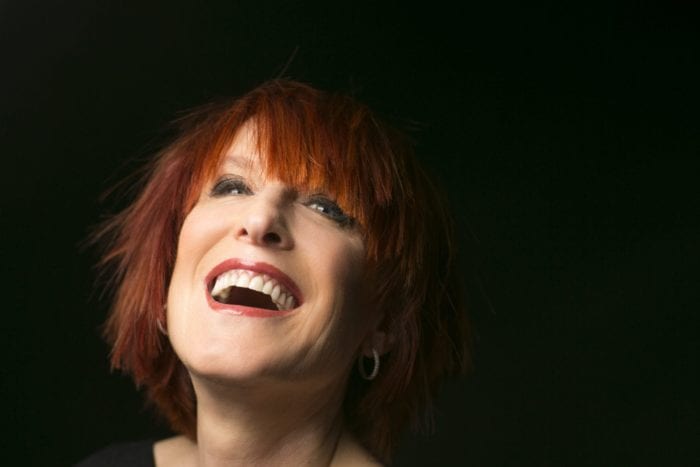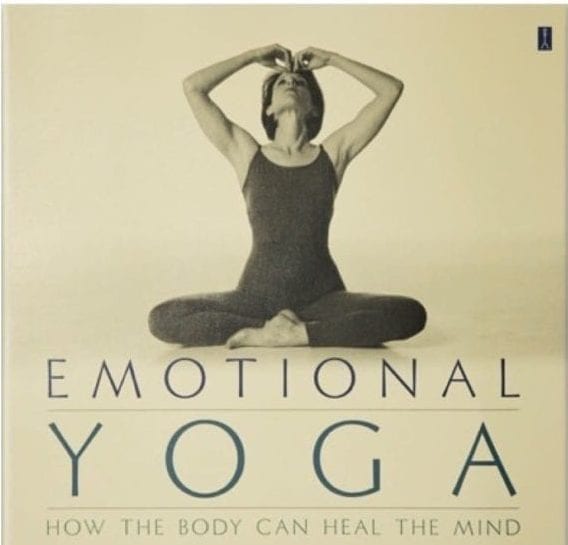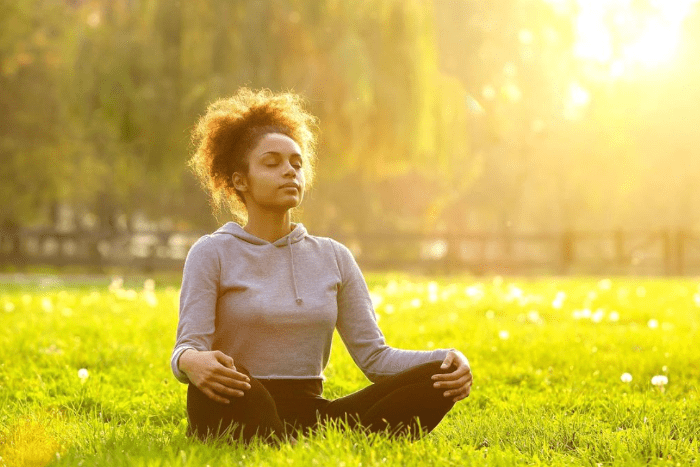
I am fascinated by how much silence and suffocation there is sometimes in human interaction. People even watch movies to feel something more than they allow themselves to feel in their everyday lives.
Could it be that emotions are given a bad rap?
Our Relationship with Emotions
Western culture has been built upon the belief that reasoning is far more important than emotions. Descartes’ cogito ergo sum — “I think, therefore I am” — elevated thinking to sovereign status. But on every level, including neurobiology, thinking can never be divorced from feeling. There is a profound connection between our emotions and our decisions, between our feelings and our logic, between our brains and the depth of our experiences. Ignoring how our thoughts and emotions work together leads to poor emotional health.
In the East, too, there is disregard, often contempt, for emotions. Eastern spiritual traditions favor a contemplative, detached, dispassionate ideal often confused as enlightenment or nirvana. Great value is placed on the ability to withdraw oneself from all but minimal involvement with the world. Even the stereotypical view — the serene yogi sitting in exalted meditation — warns us against the distracting power of emotions.
But emotions are not disruptions of an otherwise calm and reasonable experience. They’re at the very heart of our experience — determining our focus, influencing our interests, giving meaning to our world.
How Emotions Affect Our Health
Feelings stir us. They are our inner barometers, our God-given orientation system. Emotions provide us with our most basic communication network within, helping us connect the incidents, the relationships, and the experiences that make up our lives.
Our emotions and our health are intimately connected. Moods and attitudes directly influence our bodies. Unresolved, distressing emotions that linger are toxic and a risk factor to health. But when emotions are acknowledged, understood, and expressed, they are as valuable as any healing intervention available.
How to Improve Emotional Health
By getting in touch with our emotions, both by listening to them and directing them through our body-mind, we gain access to the healing wisdom that is our natural and biological right. The next time you notice yourself feeling a strong emotion—particularly negative emotions or negative thoughts—check your physical health. Did your heart rate increase or decrease? Did your blood pressure change? Start to track how your own emotional and physical sides intertwine.
Once we make a conscious decision to enter our body-mind’s conversation, we can heal what we can feel, and this is good medicine. This is good emotional health.
In truth, “real life” occurs only when we feel deeply. It happens when we allow ourselves the adventure of nurturing our feelings of pain and fear as well as our feelings of pleasure and joy. As we engage in this play of feelings, we move through a range of emotional experiences. Our controlling, logical structures fall away and a wondrous spontaneity arises from within, bringing real transformation and change.
Feeling is an art, a rare art. But it must be practiced.
For further reading on the power of emotions, check out my book, “Emotional Yoga: How the Body Can Heal the Mind“.

Find over 60 healing practices for your body and mind.
Get Bija’s book Emotional Yoga: How the Body Can Heal the Mind (Simon & Schuster)

Get cutting-edge info on the latest wellness trends.
Sign up for Bija’s monthly newsletter.
